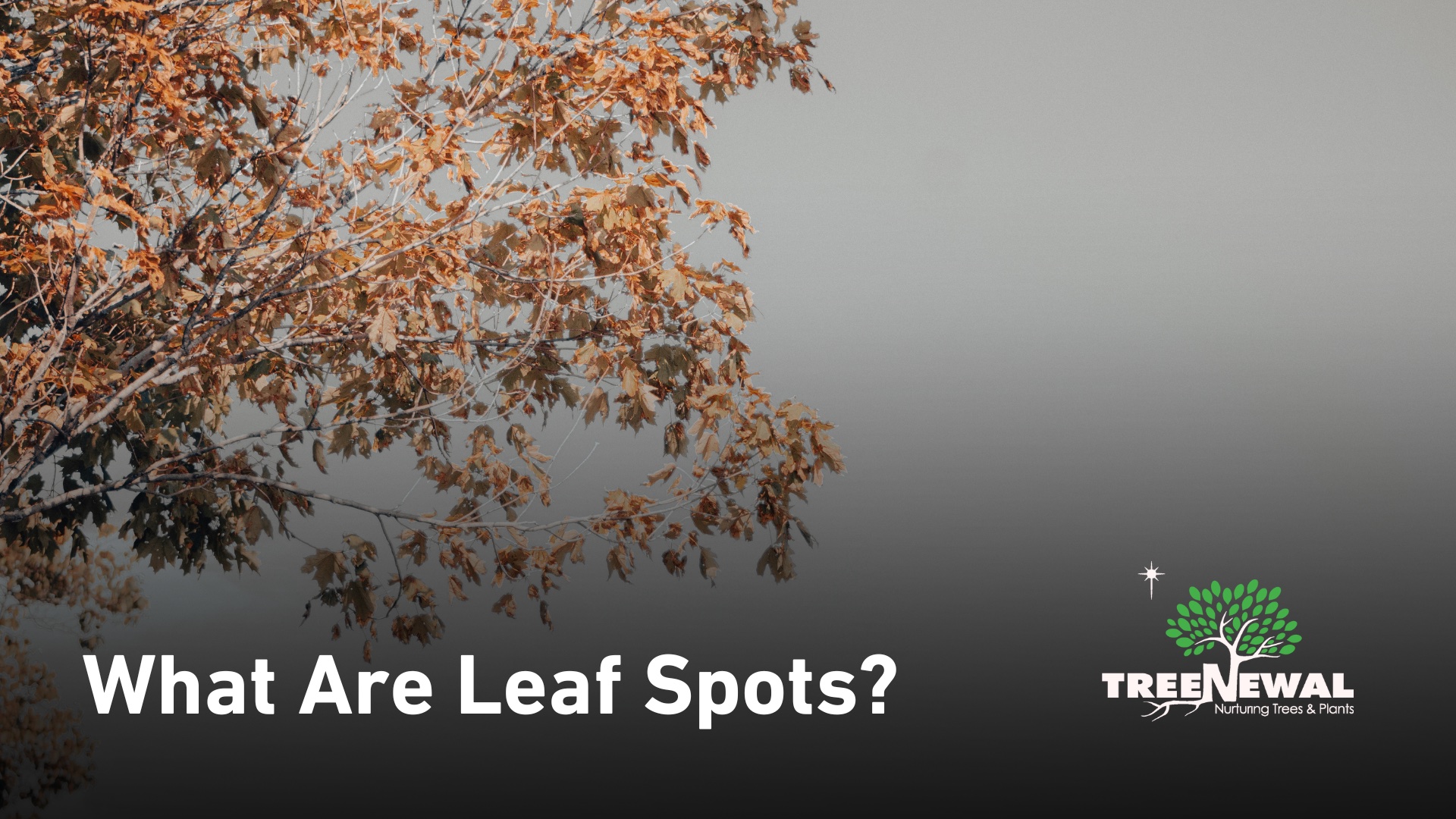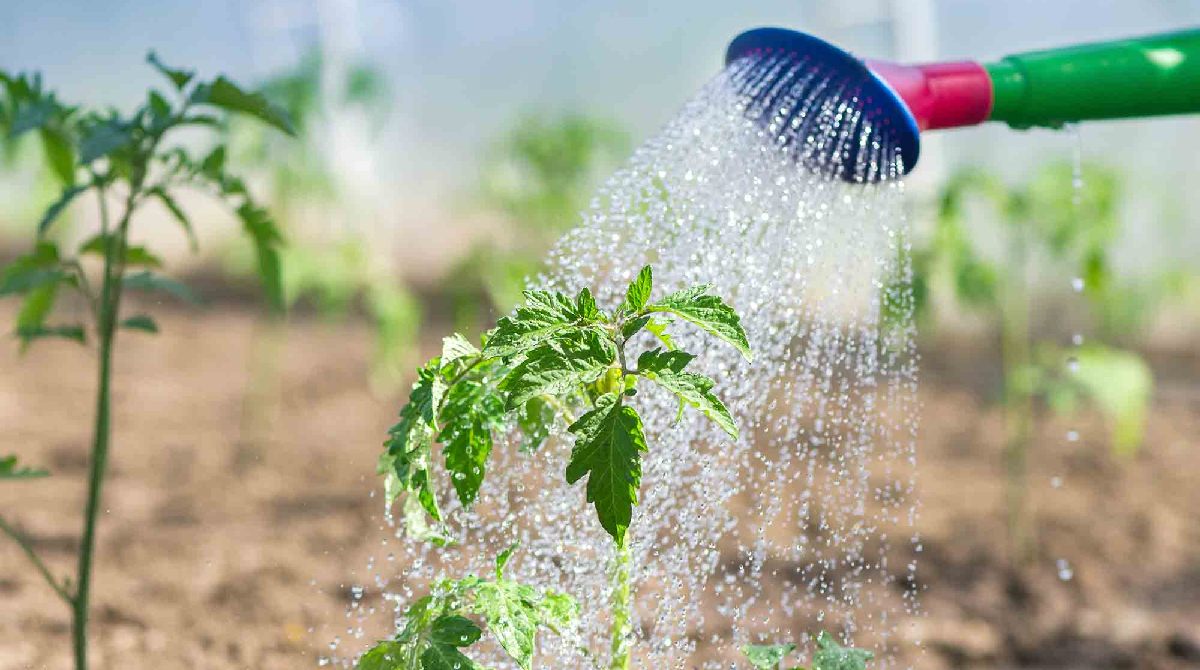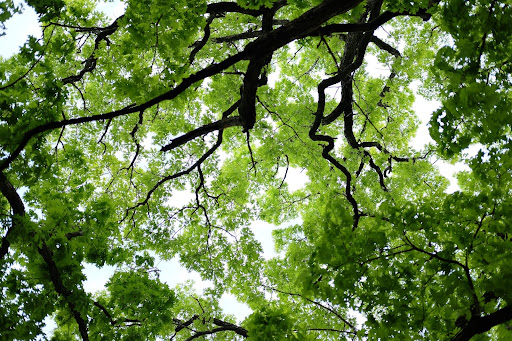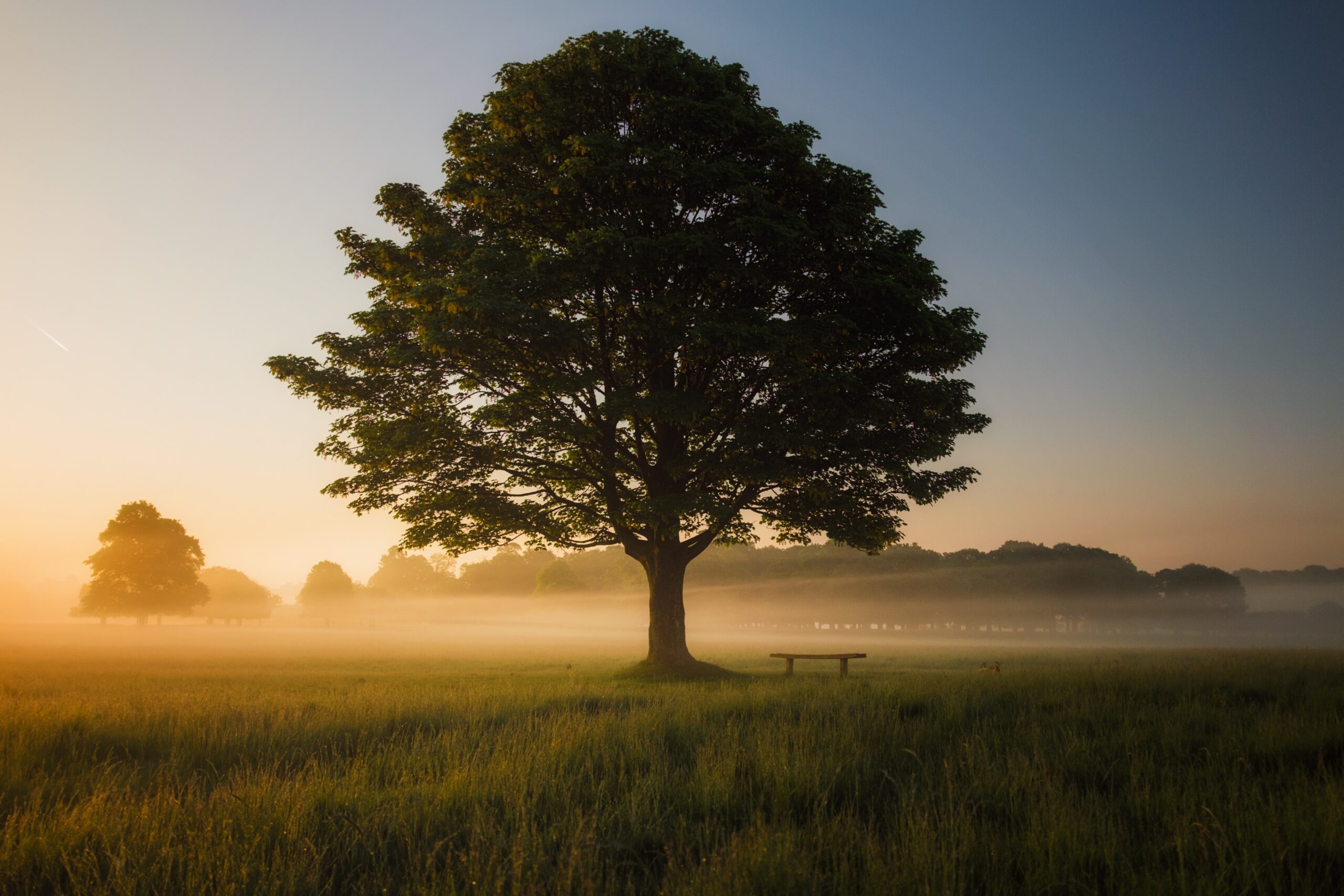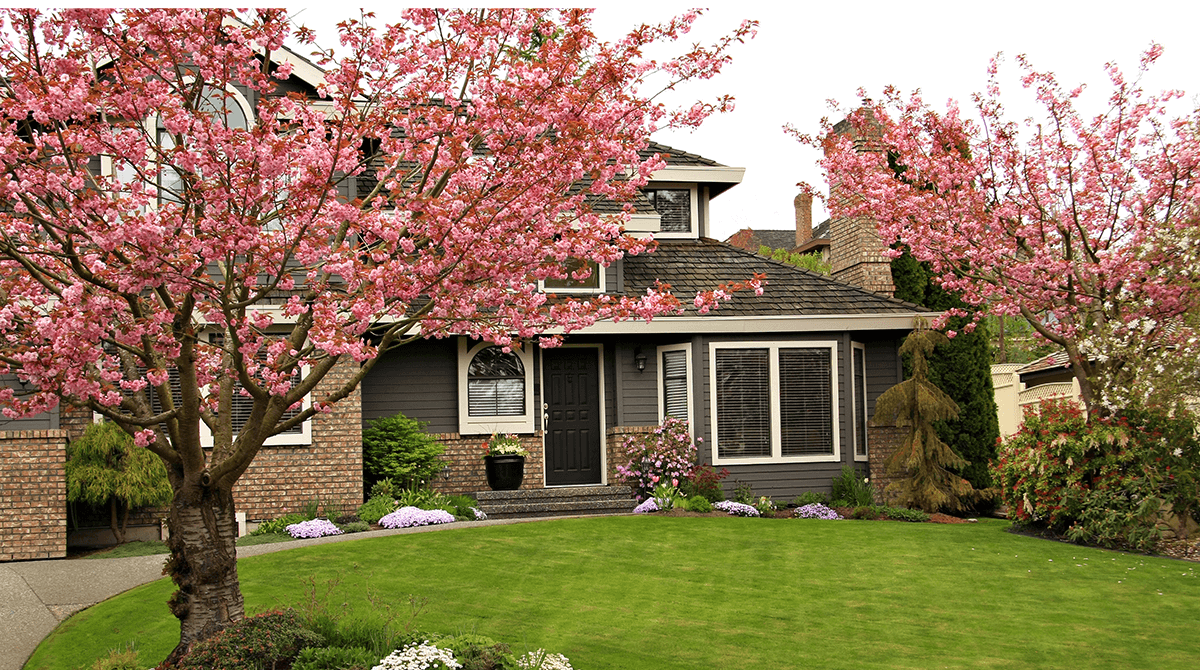
10 Great Trees for Small Yards in Dallas-Fort Worth
Date March 11, 2021
Category
If you have a small yard, you might think adding a tree to your landscape isn’t a possibility. Many Texas trees grow quite large, so you’ll need to choose wisely, but there are some shrubs and small trees that are perfect for small yards in Dallas-Fort Worth. Take a look at our list of 10 great trees for small yards to see if any of these options seem like a good fit.
Crabapple
Crabapple trees are Texas natives enjoyed for their beautiful fall color and their showy, fragrant flowers. They’re a wonderful accent tree because of their thick foliage. Their flowers are either white, pink, or red, and in the fall, the blooms turn into small fruit that’s eaten by wildlife. These trees are tolerant of drought and alkaline soils. There are several cultivars available. If you have a tiny yard, the Cinderella variety, a dwarf Crabapple tree, could work well for you. Work with a nursery that can help you determine the right cultivar for your yard.
Crepe Myrtle
Crepe Myrtle trees (also spelled Crape Myrtle) aren’t native to Texas, but they thrive in our soil and climate and have become very popular in North Texas within the last one hundred years. They produce showy clusters of flowers all summer long. Crepe Myrtles come in many shapes and colors, from light pink or lavender to dark pink, purple, or red. It’s best to choose a National Arboretum cultivar because they are more resistant to the pest and diseases common to Crepe Myrtles. These are hardy trees that don’t require much water. They are tolerant of drought and alkaline soils. They also have an attractive, smooth bark.
Texas Persimmon
Texas Persimmon trees are small Texas trees that produce fruit that people and animals alike can eat. Although they can be taller in the right conditions, they usually grow between 10 to 15 feet tall. They require little water and are tolerant of drought and alkaline soils. They have thin, attractive bark, but their bark can be easily damaged. In general, Texas Persimmons are easy to maintain because they don’t suffer from any serious pest or disease problems.
Desert Willow
If your yard is parched or building a xeriscape garden, Desert Willows might be the right tree for you. They grow rapidly and are extremely drought-tolerant. Their issues generally have to do with over-watering rather than underwatering. They produce trumpet-shaped pink flowers in the spring and summer and slender, willow-like foliage. This tree requires pruning to shape its structure.
Yaupon Holly
The Yaupon Holly is a favorite among Texas gardeners. Its bright red berries make it a wonderful accent tree for many landscapes. It’s a hardy tree that’s adaptable to a variety of conditions. It can tolerate partial to heavy shade, salty or alkaline soils, drought, or poorly-drained soils. However, it does require some pruning to develop a tree-like structure. Also, note that while some wildlife enjoys its berries, the Yaupon Holly berries are toxic to people and pets.
Redbud
If you want to add a splash of color to your yard, Redbud trees are beautiful ornamental trees that produce purplish-pink blooms in early spring. You’ve probably seen this tree adorning local parks, roadsides, and other public spaces. At maturity, Redbuds typically reach between 15 to 20 feet, making them perfect for a small space. There are several cultivars available from nurseries in our area, and the Texas Redbud is known to be drought and heat-tolerant. Work with a nursery that can recommend the best Redbud tree for your yard.
Carolina Buckthorn
The Carolina Buckthorn is a beautiful Texas native that only grows to about 10 to 15 feet tall. It has shiny dark green leaves that turn yellow to orange to red in the fall. This tree tolerates shade, so if you have a small yard that’s partially hidden behind a building, this is a good tree for you. It produces a small attractive fruit that’s enjoyed by local wildlife. The berries start pink, then turn red, and then black as they mature. It might require some pruning to develop the branch structure, but this hardy tree is highly tolerant of heat and drought. It’s adaptable to soil requirements and can tolerate alkaline soils.
Mexican Buckeye
Although it can grow as tall as 30 feet, the Mexican Buckeye typically only grows between 8 to 12 feet tall. The fragrant, bright pink flowers that bloom before or along with the leaves in the spring make this tree the perfect focal point of a small yard or garden. Its foliage turns yellow in the fall. It produces a small fruit, and the brown husks remain through the winter. It requires little water and is drought tolerant. It’s adaptable to a variety of soil conditions. It often has multiple trunks, but it can be pruned to develop one trunk if desired.
Japanese Maple
Japanese Maple trees don’t produce flowers like many large shrubs and small trees we’ve mentioned, but they do have stunning fall colors that make them a striking focal point for any yard. Depending on the cultivar, their fall foliage can be copper, orange, yellow, or red. They produce a small, winged seed. They prefer partial shade and require well-drained soil to thrive. If you don’t have well-drained soil, you could consider growing a smaller variety in a container. They need to be pruned to develop their form.
Japanese Black Pine
The Japanese Black Pine is an evergreen tree often used in small landscaped spaces. At maturity, it develops an open, irregular crown. It produces needles and small, woody cones. This drought-tolerant tree doesn’t require much water, but it does require well-drained soil. It can be planted in a container if needed. It prefers acidic soil, but it is tolerant of alkaline soil.
TreeNewal’s ISA Certified Arborists can help.
If you have questions or concerns about which tree to plant in your small yard, consider working with a tree arborist. TreeNewal has ISA Certified Arborists on staff and a team of highly qualified tree care experts available to assist you. Someone from our team can visit your property to make an assessment and recommend the right tree for you. Call us today for an appointment.
To learn more about 10 Great Trees for Small Yards in Dallas-Fort Worth, Healthy Trees, call our Argyle and Southlake-based teams
at tel:(817) 592-6846 or send us a message.
We’re a little different than the average tree services company.
Learn more about TreeNewal’s ISA Certified Arborists!
Our Dallas/Fort Worth-based tree doctors can explain how sustainable tree care services add more value to your bottom line.
Healthy trees, healthy lives.
